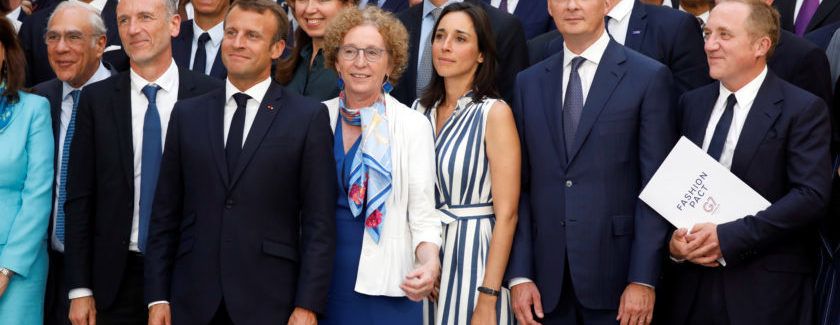48 fashion companies were involved in two agreements to create more sustainable clothes the week of the 19th of August and neither of these agreements included commitments to improve the lives of garment workers. The Fashion Pact signed at the G7 consists of 32 companies representing 150 garment brands. At the same time, in Mumbai, sixteen Indian brands signed a similar pact.

The 1.7 trillion-dollar garment industry has the potential to lift millions of garment workers out of poverty. Yet, many workers are still paid below minimum wage and are often unwilling to address their management for fear of reprisals. They are also the ones directly affected by climate change, live in the areas most polluted by the industry and have little choice but to work in factories as the ecosystems around them suffer.
The ability of workers to earn a living wage and to have a say in the issues that affect them can only come to pass when garment brands within the Fashion Pact – and all other brands – make a real commitment to addressing human rights issues along with environmental ones. For inspiration, look at the national initiatives happening in the Netherlands and Germany that actively work towards improving labour conditions.
The industry will not move towards its goal to be truly sustainable for the planet and people unless workers can do their jobs safely and address violations like excessive overtime, unsafe working conditions and poverty wages through trade unions or other organisations legitimately representing workers. That is what we keep working on, together with our partners, CNV Internationaal and Mondiaal FNV.
(Image: REUTERS/Charles Platiau/Pool)
Publication date 29 08 2019


